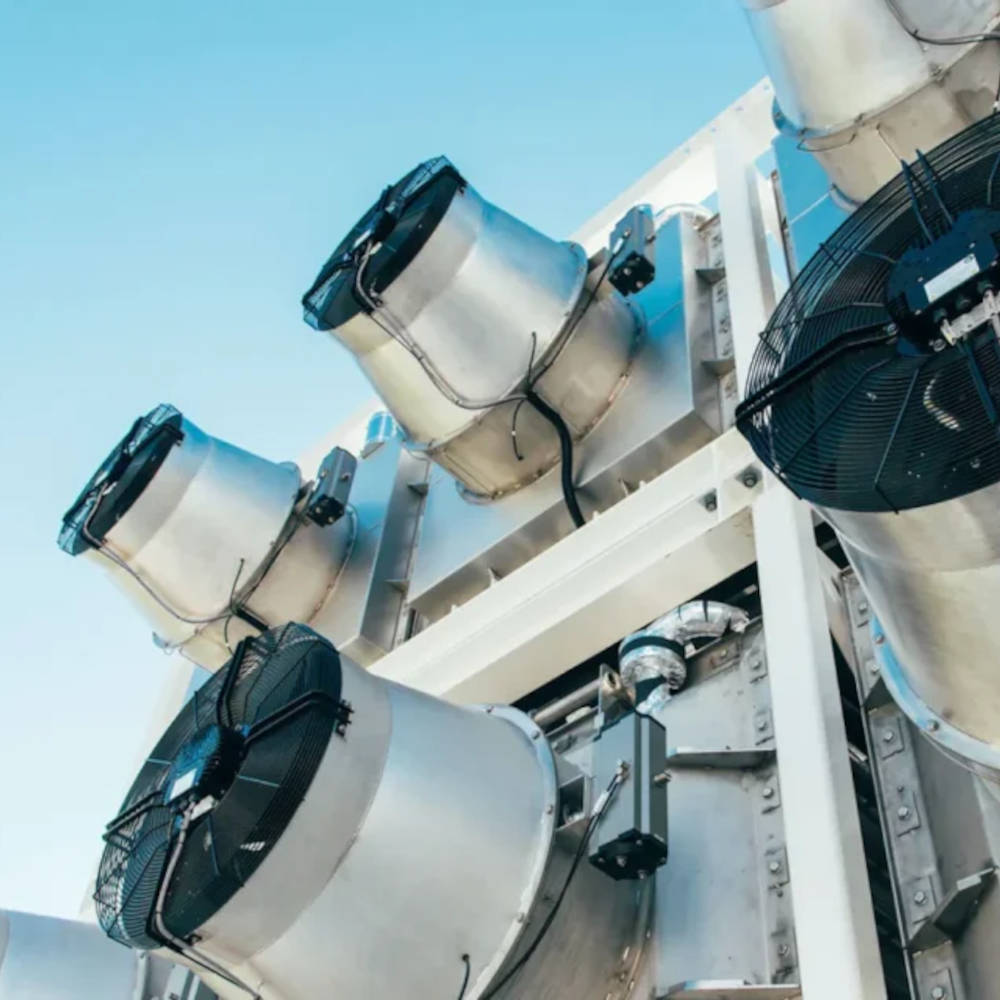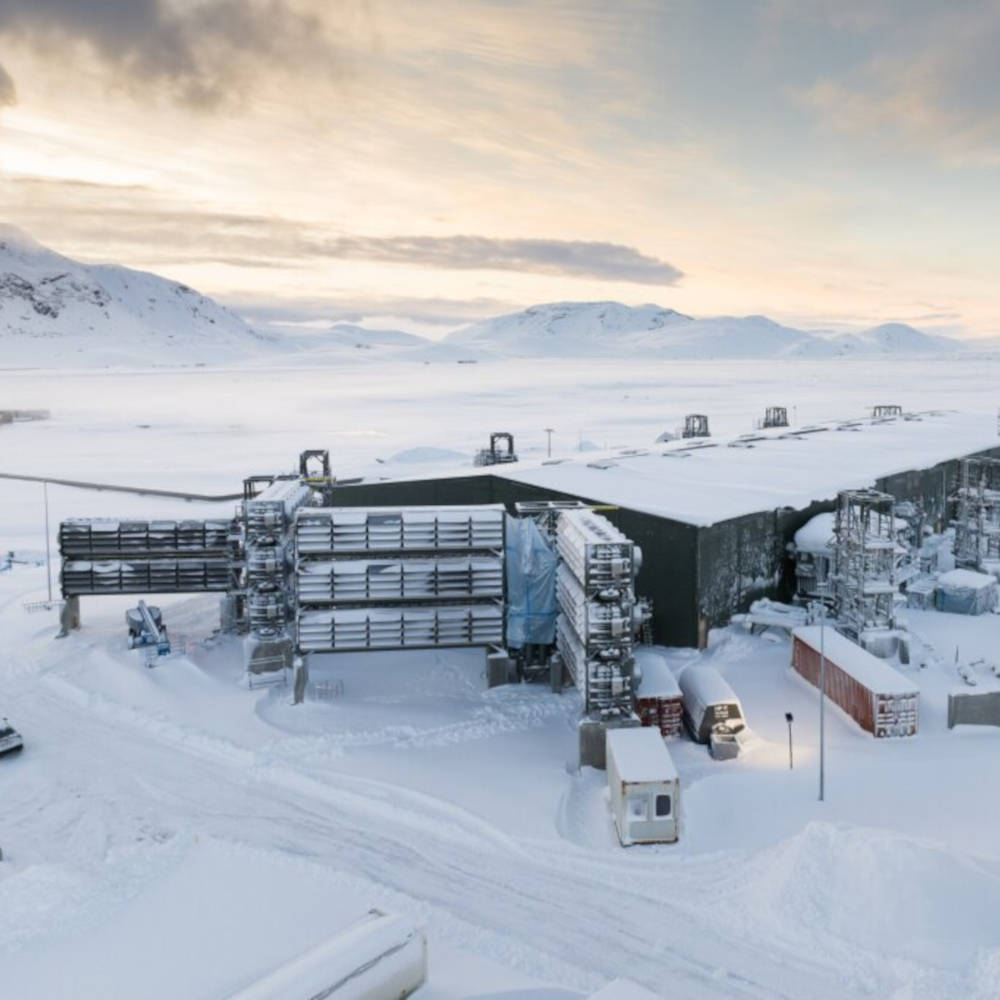Nanotextures solve a historic problem
Nanotexturing that prevents scale forming on the inside of pipes can reduce plant maintenance costs significantly
Alongside the move away from fossil fuels, initiatives like this plant dedicated to carbon sequestration using renewable energy are emerging.
Iceland is a country full of fascinating statistics. Known for its unique climate and distinctive national character, it has the highest number of writers per capita in the world: one in ten residents has published a book. It's also a leader in renewable energy consumption, with nearly 100% of its energy coming from geothermal or hydroelectric sources. Recently, Iceland has set another record by hosting the world's largest carbon sequestration plant. Read on to discover more about carbon sequestration and the intriguing features of Iceland's new plant.
Before diving into the Arctic installation, let’s explore carbon sequestration, a crucial technique for reducing atmospheric carbon dioxide levels. Carbon sequestration helps lower global temperatures and combat climate change by capturing and storing CO₂ from the atmosphere. This process reduces CO₂ concentration, helping to mitigate global warming. It is vital for achieving the CO2 emission reduction targets set by the Paris Agreement.

Currently, three main techniques are used for carbon sequestration:
Of these techniques, Iceland has chosen the third option, utilizing DAC technologies to capture atmospheric carbon. Named the Mammoth project, the plant began operations in May 2024. Designed to capture up to 36,000 tons of CO₂ annually, it is the largest plant of its kind worldwide. Although the technology is still in its early stages, its predecessor, the Orca plant, captures around 4,000 tons per year.

Iceland is committed to using renewable energy in all its processes, and the Mammoth plant is no exception. Thus, it uses geothermal energy from the Hellisheidi power plant to power its operations and minimize its carbon footprint. CO₂ capture is achieved through 72 collection units that filter the air, absorb the CO₂, and then mix it with water to inject it into underground basalt formations. Here, the CO₂ reacts with the basalt and is mineralized, becoming stone and remaining permanently stored, as we told you in this article on carbon mineralization.
The Swiss company behind this project aims to scale up this technology to capture megatons of CO₂ by 2030 and gigatons by 2050, significantly contributing to global climate goals. The technology has already attracted interest from countries such as Norway, Kenya, Canada, and the USA. For example, the US plans to invest over $600 million in developing carbon sequestration technologies.
Currently, the main challenge for DAC technology is reducing its costs and improving energy efficiency. Capturing one ton of CO₂ costs about $1,000, but this figure is expected to decrease to $300 by 2030. Meanwhile, ongoing efforts to reduce emissions of CO₂ and other greenhouse gases through renewable energy sources remain crucial.
Sources:
Photos:
All fields are mandatory.
Read the most discussed articles
{{CommentsCount}} Comments
Currently no one has commented on the news.
Be the first to leave a comment.
{{firstLevelComment.Name}}
{{firstLevelComment.DaysAgo}} days ago
{{firstLevelComment.Text}}
Answer{{secondLevelComment.Name}}
{{secondLevelComment.DaysAgo}} days ago
{{secondLevelComment.Text}}